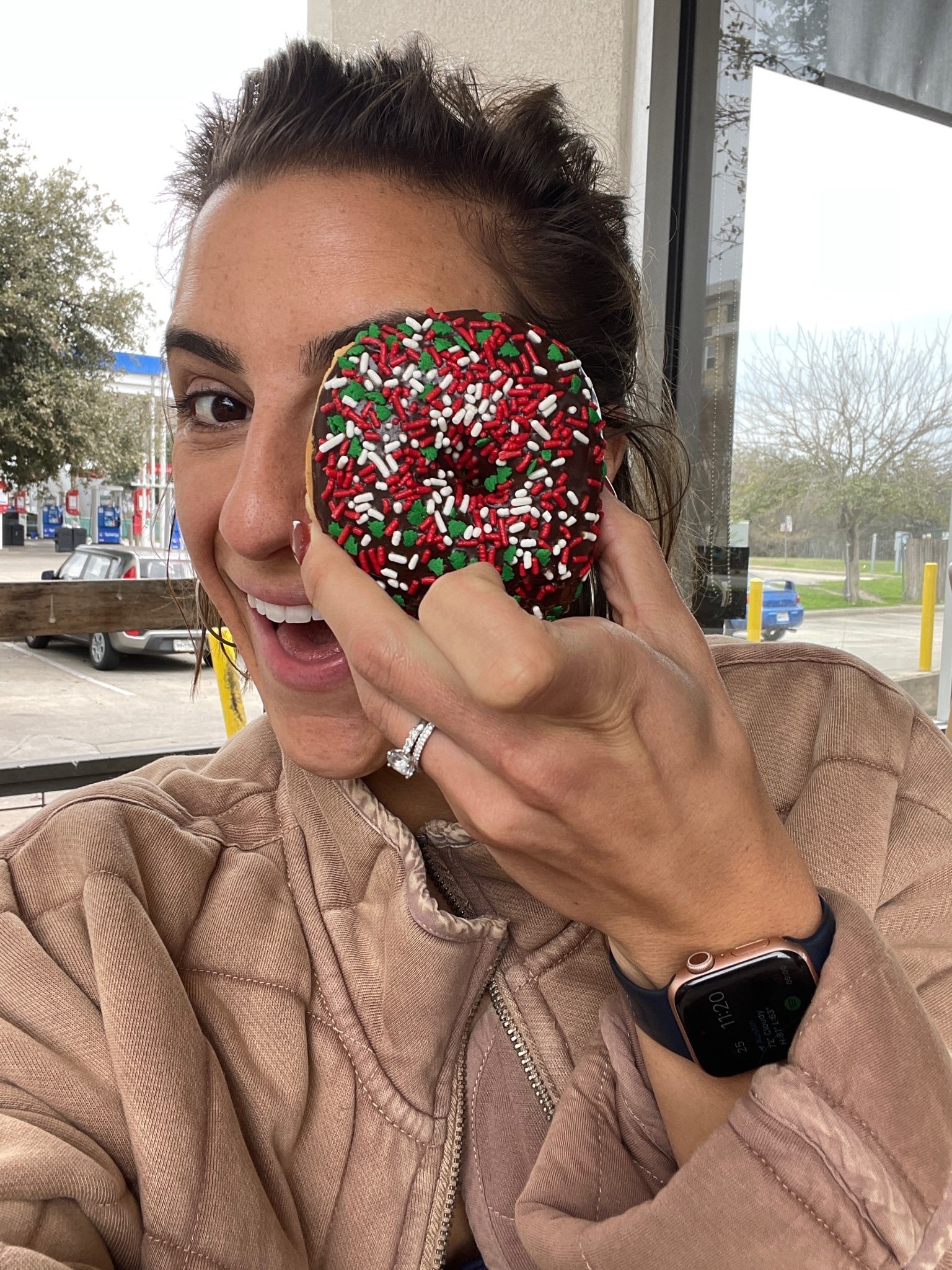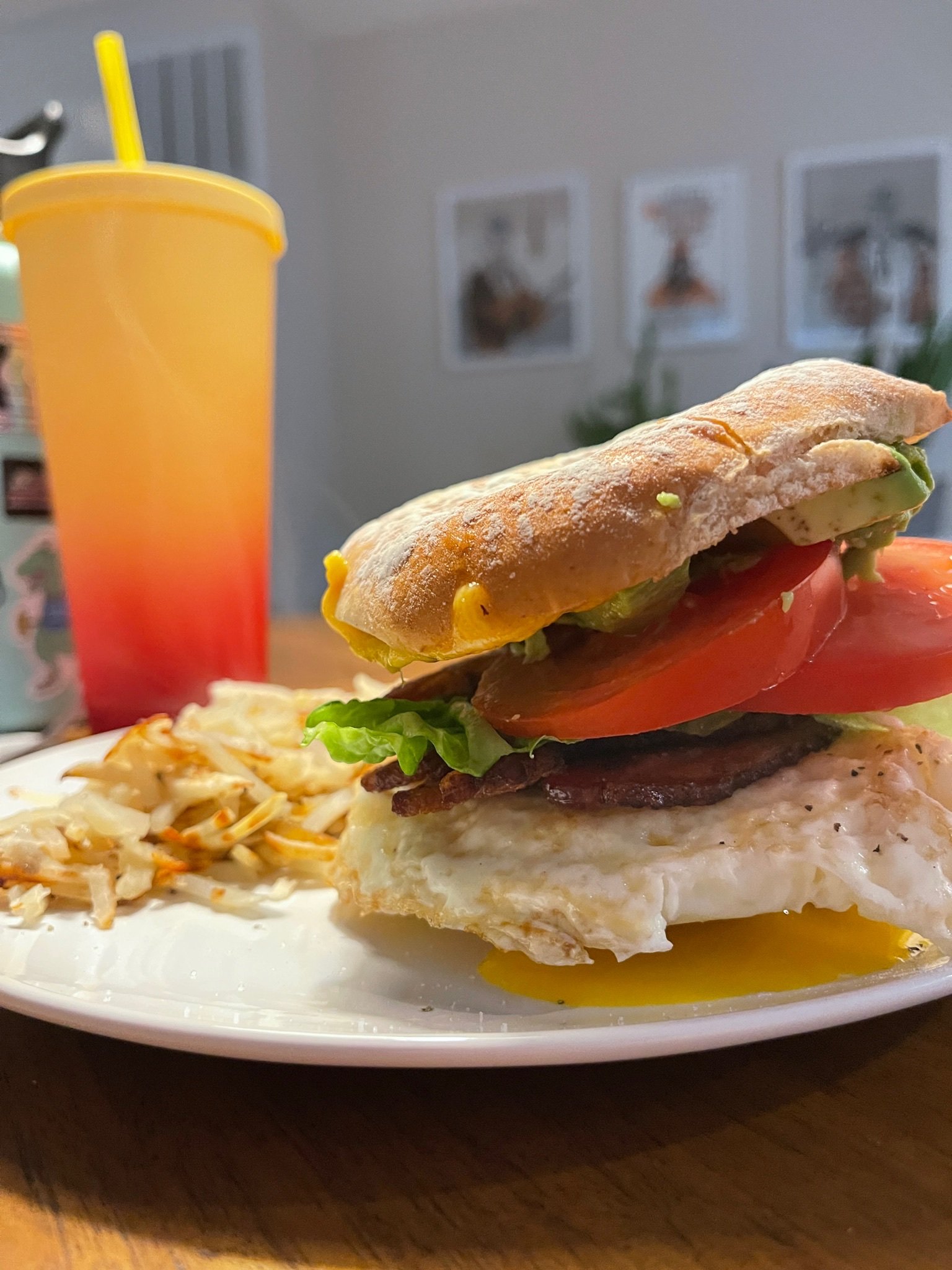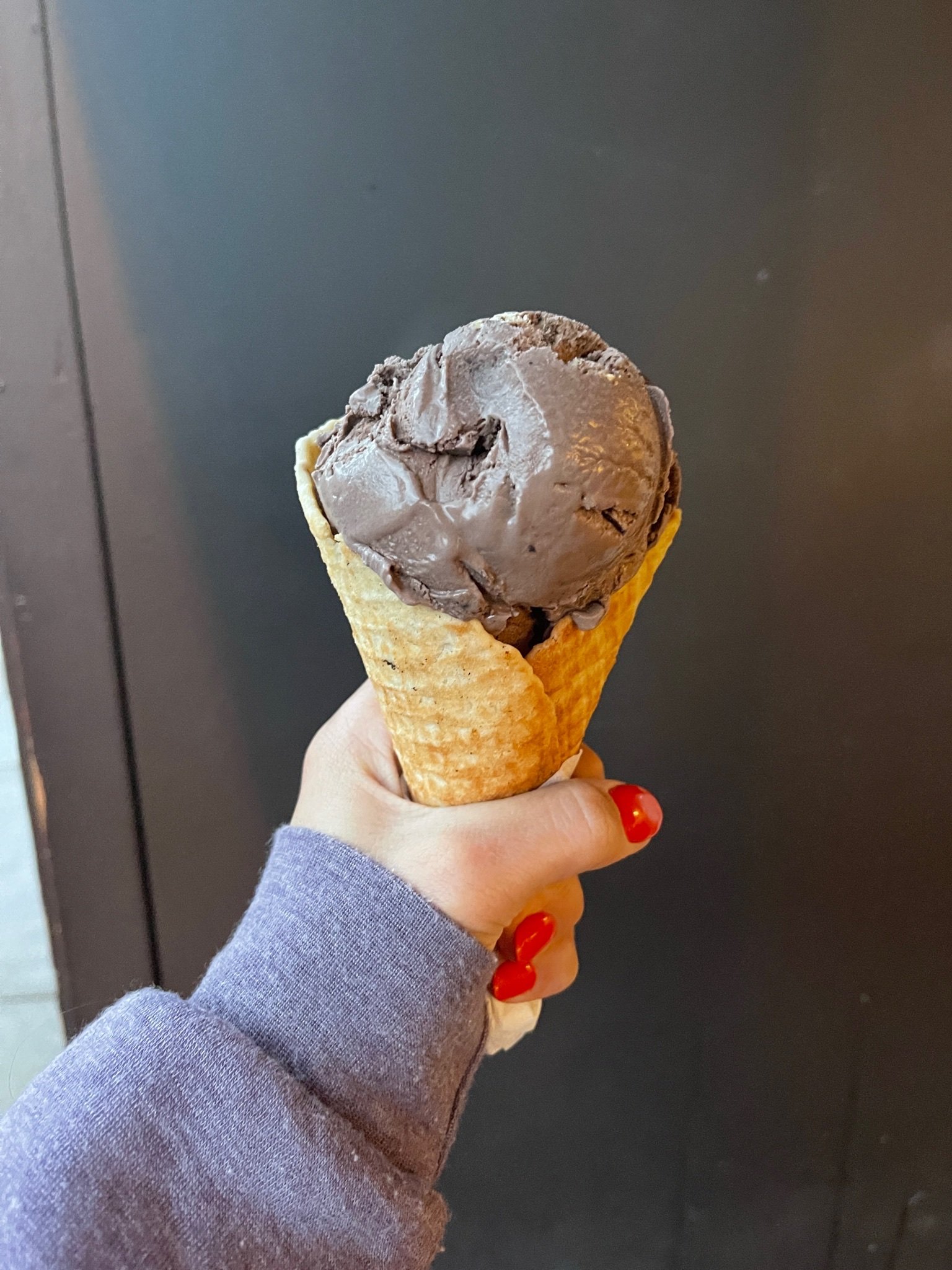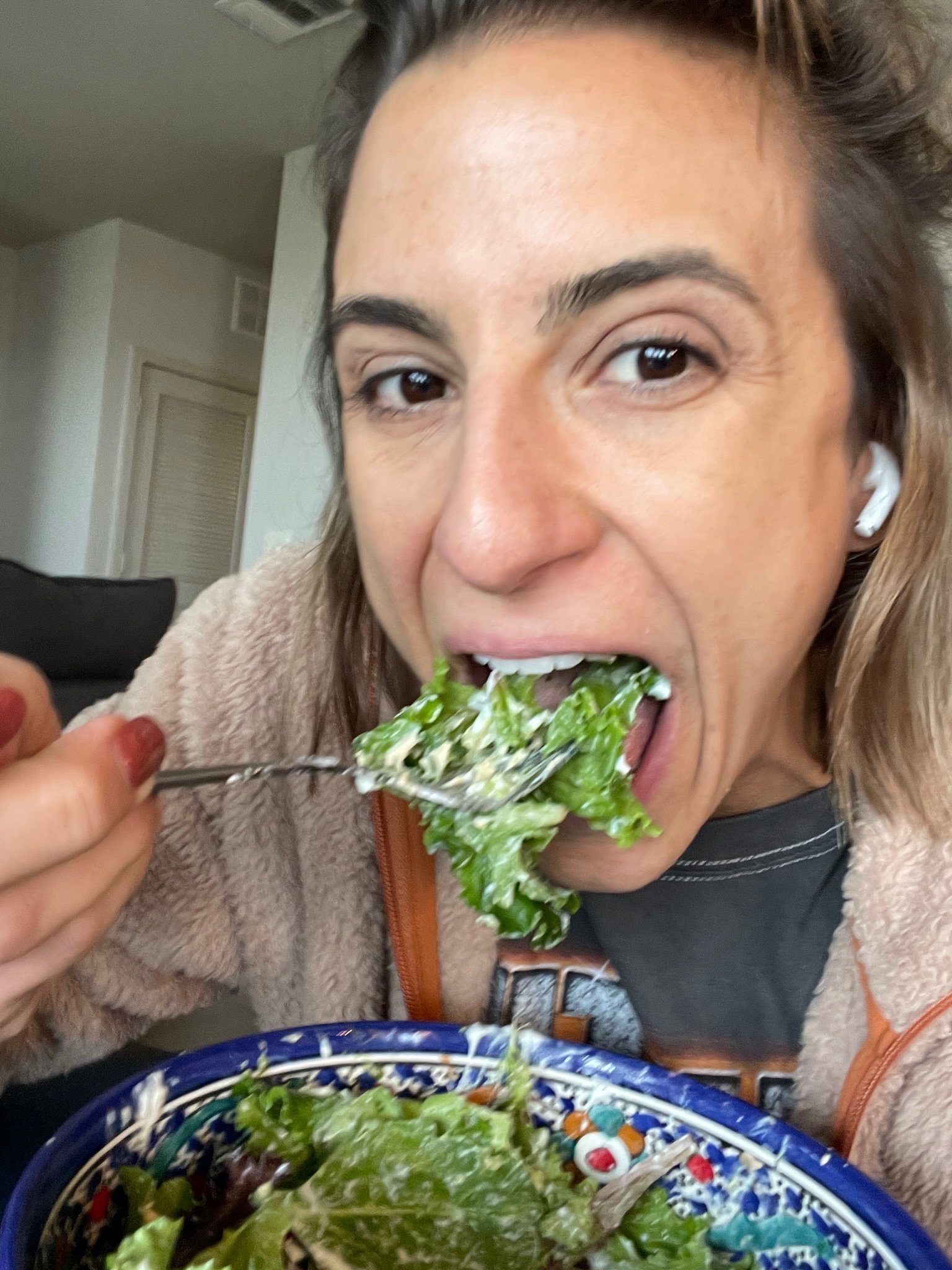Why I Stopped Putting Titles on My Diet
Before getting into the food stuff, I want to start with how easy it is to get sucked into feeling that a specific food group is “good” or “bad.”
And before I get into that, I want to disclaimer that anything you are doing for your body that allows it to feel good is good (more or less). What I want to emphasize is that foods themselves do not hold moral value. We define them. Humans. With intellect. And it is very clear that our general human opinions on those foods change.
For much of my childhood, I remember seeing so many “fat free” or “low fat” ads. Fat was basically the devil (i.e. some genius decided to vilify butter and replace it with vegetable oil spread).
Fast forward to the 2020s from the 1980s and we know that fat is not “bad” for you. It’s actually vital to your existence, and not eating it doesn’t magically make you thinner.
Back to labeling foods.
Sensationalism, it’s wild.
According to Wikipedia, “In journalism and mass media, sensationalism is a type of editorial tactic. Events and topics in news stories are selected and worded to excite the greatest number of readers and viewers. This style of news reporting encourages biased or emotionally loaded impressions of events rather than neutrality, and may cause a manipulation to the truth of a story.”
The diet industry is notorious for this tactic.
The first time I really wanted to take meat out of my diet, I saw a couple of documentaries that told me that I needed to make a shift in my eating habits. I wouldn’t put myself in the category of What the Health changed my life, but I watched how corrupt the food industry really was, and I believed it to be in my best interest to make a change.
Note. As a general whole, the food industry is corrupt (but more on that topic on another day). Being a conscious consumer, in my opinion, is one of our greatest moral responsibilities. How you choose to exercise that consciousness is completely up to you and your body.
So, Teddy and I decided to attempt veganism.
Short story. We lasted three weeks.
Longer story. I immediately added fish and eggs back into my diet right away. I felt like my body was shutting down trying to be vegan. I was plagued with a CRAZY amount of brain fog. I had zero energy, and I felt like I lost color in my face.
And, even longer story. I was not set up for success, I was just doing it to do it, and there was no real reasoning behind it. I grew up drinking milk and eating meat and potatoes. Into my twenties, I had always had meat in every meal. Where I should have started was with cutting back. Elimination wasn’t the solution, and I did what I tell everyone I’ve ever worked with not to do, I completely restricted myself from everything right off the bat.
To be honest, I'm surprised I even lasted three weeks without animal protein.
Once I started to add those sources back into my diet, I felt much better. In fact, I spent about a year and a half as a pescatarian, and I felt pretty good. Teddy did immediately go back to eating meat, so the only thing that really changed for me was that I just ate a little differently than him for meals (i.e. he had to cook me fish instead of a steak).
I probably would have stayed with if we had not gone to Vietnam for two weeks. Something I’m really passionate about as it relates to food is experiencing it culturally and socially. When we were in Vietnam, I wanted to eat what they ate. It was a once-in-a-lifetime opportunity to try out new cuisine. And the pho, you all, I still dream about it.
Once we got back from Vietnam in February of 2020, the pandemic started, and then I just kept eating meat.
Now, I do eat chicken and turkey on a pretty regular basis. At least one meal a day is fully vegetarian, but meat actually just makes me feel better and fueled up. About four years ago, I created TL Eats, which is my e-book of vegetarian meals. I don’t not eat them now because I don’t classify myself as “vegetarian.” If I feel like those flavors, I eat those meals, and if I want some protein, I’ll add some chicken.
Bottomline. Eat what works for YOU.
Just because your best friends are intermittent fasting or your boyfriend is going keto does NOT mean you have to do it (or that it will even be good for you). If you want to eat vegan for environmental reasons, great. If you want to be vegetarian because it works best for you, awesome. If you like to give yourself a schedule of eating, cool, do it.
BUT please also beware of sensationalism. Exercise your access to knowledge, and consult with a doctor before doing anything dramatic. I never rely on one source as a baseline for all truth.
What I always tell my clients is TRIAL and ERROR. Eliminating things from your diet can improve your health. It can also hurt it. You don’t know what you don’t know. As you try different things, assess how you’re feeling (and be honest).
You don’t need a title to define your diet. You don’t have to be any one thing. You can create your own relationship with food.
At the end of the day, you know your body better than anyone else.




